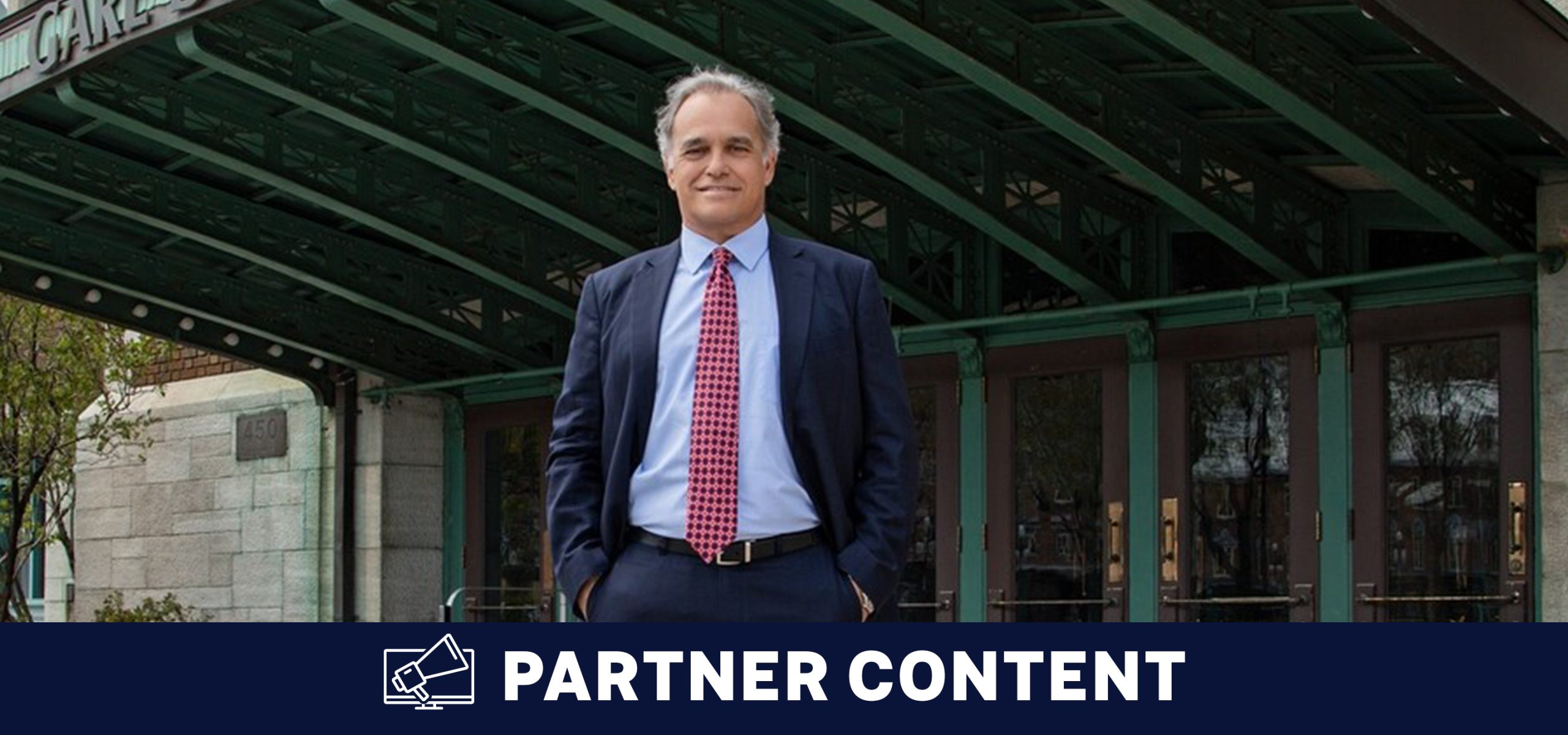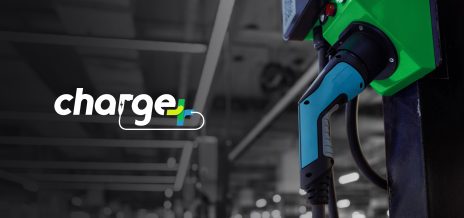Siemens Mobility has ambitious plans for Canada

With more than 100 years of history in Canada, Siemens has played a key role in some of the country’s most transformative infrastructure in areas as diverse as health and energy. Now that we need to rethink and modernize our transportation, Siemens Mobility is ready to provide world-class technology that will contribute to the goals of sustainability, accessibility and economic recovery.
To this end, Yves Desjardins-Siciliano, former CEO of VIA Rail, joined the Canadian Siemens Mobility team last year to augment its local resources and expertise and lead it to growth. This enthusiast of the transportation industry has accepted the challenge at a time when Canada’s public transportation infrastructure is undergoing major modernization.
A strong footprint in Canada
While Siemens Mobility already delivers vehicles, rail infrastructure and services to several Canadian cities, including Calgary, Kitchener-Waterloo, Edmonton and Ottawa, Yves Desjardins-Siciliano is thinking big for the future and is delivering a focus on innovation. One aspect of this growth strategy lead to the recent acquisition of RailTerm, a Dorval, Quebec-founded rail company.
With this addition, Siemens Mobility has extended its field expertise in the maintenance of rail, signaling, electrification and communications systems, furthering the goal of 100% availability of operations. More than 200 employees have joined the Siemens Mobility family to offer the most complete range of solutions in the industry.
Challenges and an innovative vision
The transportation industry in Quebec is innovating, evolving and modernizing to meet environmental and logistical challenges. In Quebec, nearly 25% of GHGs are produced by cars and light trucks. Electrified transportation and new sources of propulsions, such as hydrogen, will play an important role in reducing these emissions.
In addition to new power sources, Siemens Mobility is focused on delivering MaaS (Mobility as a Service) offerings that meet the needs of growing cities. Integrated flexible and secure platforms offer intelligent travel planning, booking and ticketing, thus facilitating a seamless passenger journey and providing operators with tools to make the best decisions based on data analysis. This approach both improves the passenger experience in their intermodal journey and optimizes the services offered by operators. It also provides operators with useful data on passenger choices, capacity metrics and allows them to make informed operational decisions.
To deliver these transportation solutions, Siemens endorses the potential of public-private partnerships. When it comes to major investment projects, governments sometimes resort to public-private partnerships, which offer significant economic benefits and predictability for taxpayers. On the public transit side, Yves Desjardins-Siciliano is convinced that governments would benefit from asking for more investment from the private sector.
“In addition to reducing the taxpayer burden, P3s greatly increase the likelihood of on-time, on-budget delivery of a high-quality end product. The reason for this more predictable, positive outcome is simple: increased scrutiny and due diligence by the project company investors and its lenders. They will supervise execution and quality control to ensure they meet their expected long-term financial returns. As for the government, it obtains predictability in its financial obligations, validation of the project concept and greatly reduced risk. Perhaps most importantly, P3s reduce the burden on taxpayers. It’s win-win-win.” Yves Desjardins-Siciliano, Financial Post, April 13, 2021
This approach also fosters healthy competition in the industry, which is essential to offer the best technologies at the best price to passengers, but also to bring our cities to the world stage as best practices in mobility.
Siemens Mobility is actively working to offer the best solutions to its customers in Canada. The company wishes to develop several new projects in the future and to grow its presence in Quebec and in Canada.
This is why Siemens Mobility Canada is pleased to be a Grand Partner of Impulsion MTL at a time when cities must make important decisions for the future of mobility on their territory.
On September 23 at 10:25 a.m., join us for a discussion between Yves Desjardins-Siciliano, CEO of Siemens Mobility Canada, and Sarah Houde, CEO of Propulsion Québec, on the future of mobility.
Photo credit for cover : Marjorie Roy (Optique Photo)
This partner content was produced for Impulsion MTL 2021 – The International Fleet Management Forum.
Continue reading on this subject

FLO®: sparking change, one charge at a time
FLO became a leader in electric vehicle (EV) charging in North America by integrating the process from start to finish: manufacturing charging stations, developing software and managing its network. To stay ahead of the curve in a fast-moving, innovation-driven market, the company turned to the Fonds de solidarité FTQ to support its growth.
Read more
Will industrial strategies chart a new course for the future of Quebec industries?
The Quebec economy—and more broadly the world economy—faces multiple challenges: the climate crisis, supply chain problems, labour shortages, inflation, etc. Quebec has an abundant supply of resources, know-how, and expertise; however, the next points on its agenda should include structuring, developing, and planning industrial activities.
Read more
Ambition EST 2030 : a roadmap for propelling Quebec to the forefront of the electric and smart transportation industry by 2030
Propulsion Québec, the cluster for electric and smart transportation, is announcing Ambition EST 2030, a roadmap for the electric and smart transportation (EST) industry developed in partnership with Deloitte.
Read more
Propulsion Québec unveils three programs to support and develop Quebec’s electric and smart transportation industry
Propulsion Québec, the cluster for electric and smart transportation (EST), has partnered with the Government of Canada to establish three programs that will grow and develop the EST industry.
Read more
The Benefits of Smart Charging for an Electric Vehicle Fleet
When a carrier thinks about going electric, the choice of vehicles is the first thing that comes to mind, followed shortly by the installation and operation of the infrastructure to charge them. But what about energy management?
Read more
FLO | AddÉnergie: investing in sustainable transport
FLO | AddÉnergie, a company specializing in electric vehicle charging stations, is a manufacturer, network manager and software developer all in one. The three areas of expertise give it a huge advantage in the promising North American electrification market, and the Fonds is proud to be financing its efforts.
Read more
Battery charge time: Optimize EV charging by understanding your vehicle
Electric vehicle charging is now more accessible than ever. With the arrival of winter and its cold temperatures, many EV drivers are wondering how quickly they can charge their vehicles at fast-charge stations.
Read more







